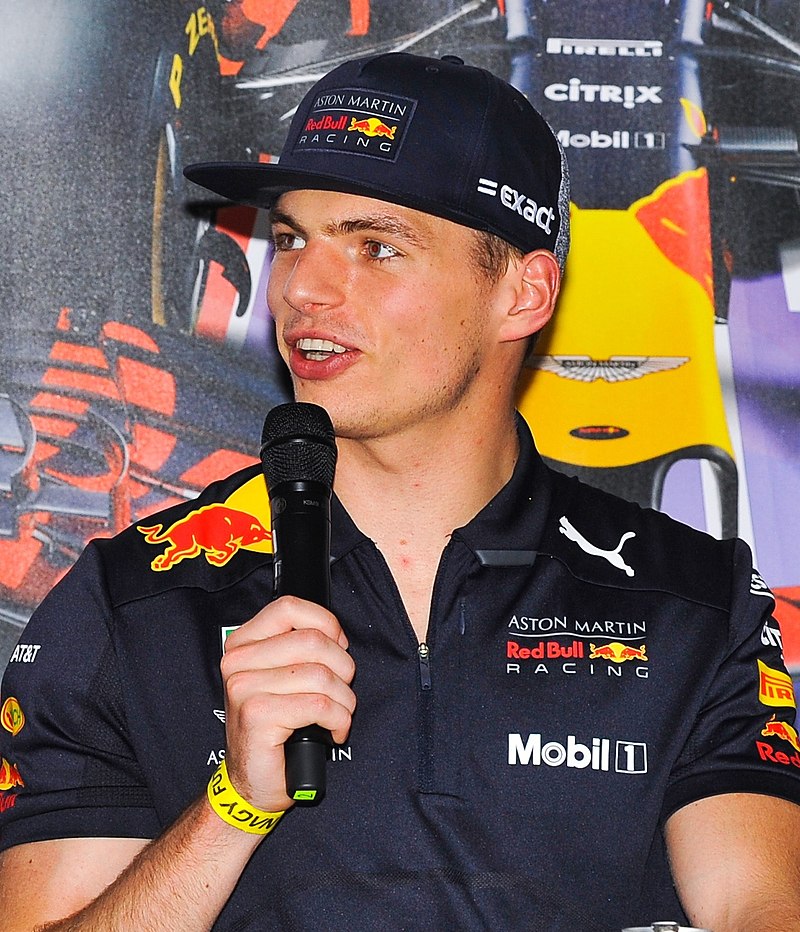Max Verstappen: the predictable feature in an unpredictable year
The Gilles Villeneuve circuit has a tendency to throw up a twist or two. Think back to Button in 2011, Vettel in 2019, and Schumacher in 1999. The circuit promises overtaking, mistakes and, as Saturday proved, variable weather.
In motorsport, driving in the wet can make or break a driver. For those with impeccable skill, it is an opportunity to transcend the limitations of their car. But even by his standards, Verstappen’s wet weather qualifying performance on Saturday was special.
The track looked nearly undriveable at the start of Q1. The rain continued to pelt down onto the circuit at Montreal, resulting in misty and tricky conditions for the drivers. But as the rain gradually eased off, a drier line slowly appeared.
Max Verstappen looked composed, confident, and comfortable in full wet tyres. In Q2, as the drivers began to wonder about intermediates, the world champion looked assertive.
But as the track ramped up in Q3, the stage was set for an unpredictable qualifying. Kevin Magnussen, Mick Schumacher, and Guanyu Zhou kept popping up with competitive times, while the Alpines of Esteban Ocon and Fernando Alonso looked to make the most of Perez and Leclerc’s absence in Q3. The times kept on improving, with the majority of drivers going almost a second faster than their previous time after every flying lap.
With an ever-increasing dry-line, it seemed as if qualifying would be decided on whoever could begin their flying lap last. This might’ve been true, if not for Max Verstappen.
The Dutchman was consistently a second ahead of anyone else on the grid throughout the last qualifying session. It was a performance worthy of any Formula One wet-weather merchant. Verstappen looked unfazed as he claimed pole position, with his championship rivals Perez and Leclerc, both starting far down the grid.
When the greats win, they often do so with monotonous consistency. In Red Bull, Verstappen has the perfect platform to continue that trend
The race may have ended with excitement as Sainz chased down the charging Red Bull of Verstappen, but in truth, the world champion looked fairly comfortable. Even then, Ferrari were lucky to get that close to the lead. They were fortunate that Tsunoda crashed out, meaning Sainz could pit under the safety car on Lap 47.
Even with the help of fresher tyres and three DRS zones each lap, Sainz could never truly get close to Verstappen. In pursuit of a successive drivers’ championship, the Dutchman won his sixth race of the season, extending his lead to 46 points ahead of teammate Sergio Perez.
Just nine races into the season, Verstappen seems nailed on for another world championship. Until Canada, it had been the failings of his rivals that had posited Max Verstappen atop of the leaderboard. A combination of bad decisions and unreliability have held Ferrari back from challenging Red Bull in recent races.
But in Montreal, perhaps for the first time this season, Max Verstappen looked like a clear world champion. Dominating both Saturday and Sunday, he was in control at a track that can prove unpredictable. It will take some doing for Ferrari, or even for his teammate Perez, to stop him from claiming a second world championship in 2022.
Even beyond this season, Red Bull will be confident they have a driver that can not only win championships, but dominate them. One thinks back to the start of the turbo-hybrid era, when Mercedes and Lewis Hamilton eeked ahead of everyone, winning six drivers’ championships together. At the dawn of a new era in 2022, Red Bull and Max Verstappen find themselves best placed to dominate for the next few years.
Mercedes will bounce back (forgive the porpoising pun), while Ferrari have a potential world champion in Charles Leclerc. But as Formula One returns to Silverstone, both teams are already a step or two behind Red Bull.
Michael Schumacher in the early 2000s, Sebastian Vettel in the early 2010s, and Lewis Hamilton in the turbo-hybrid era; When the greats win, they often do so with monotonous consistency. In Red Bull, Verstappen has the perfect platform to continue that trend going into the 2020s.

Comments